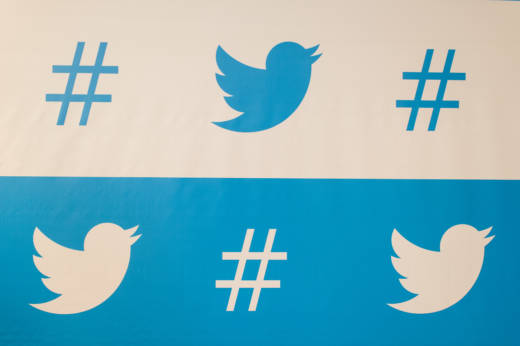Robots are on Twitter, and people pay to have them as followers. That begs the question: What is the worth of a real, live human Twitter follower?
First, the background on fake accounts. A recent New York Times investigation delved into how companies create and sell fabricated Twitter accounts, or bots. These bots are used to do things like automatically retweet posts and inflate people’s follower count.
You don’t have to buy bots to get them as followers. Some are programmed to follow accounts, hoping to lure real people to follow them back. That makes the bot look more believable.
There are some ways to sort through a feed to determine whether a follower is a real account or not. You could use a service like Twitter Audit to run an analysis of a feed and find fake followers. Often fake accounts are fairly obvious to the naked eye. They may post random, spammy content or have incomplete profiles that lack a photo.
All sorts of people have been found to buy fake followers: actors, athletes, even academics. There is both social and financial pressure to have high follower counts, said Jennie Lambert, a social media consultant. “Followers have basically been equated to notoriety,” she said.
